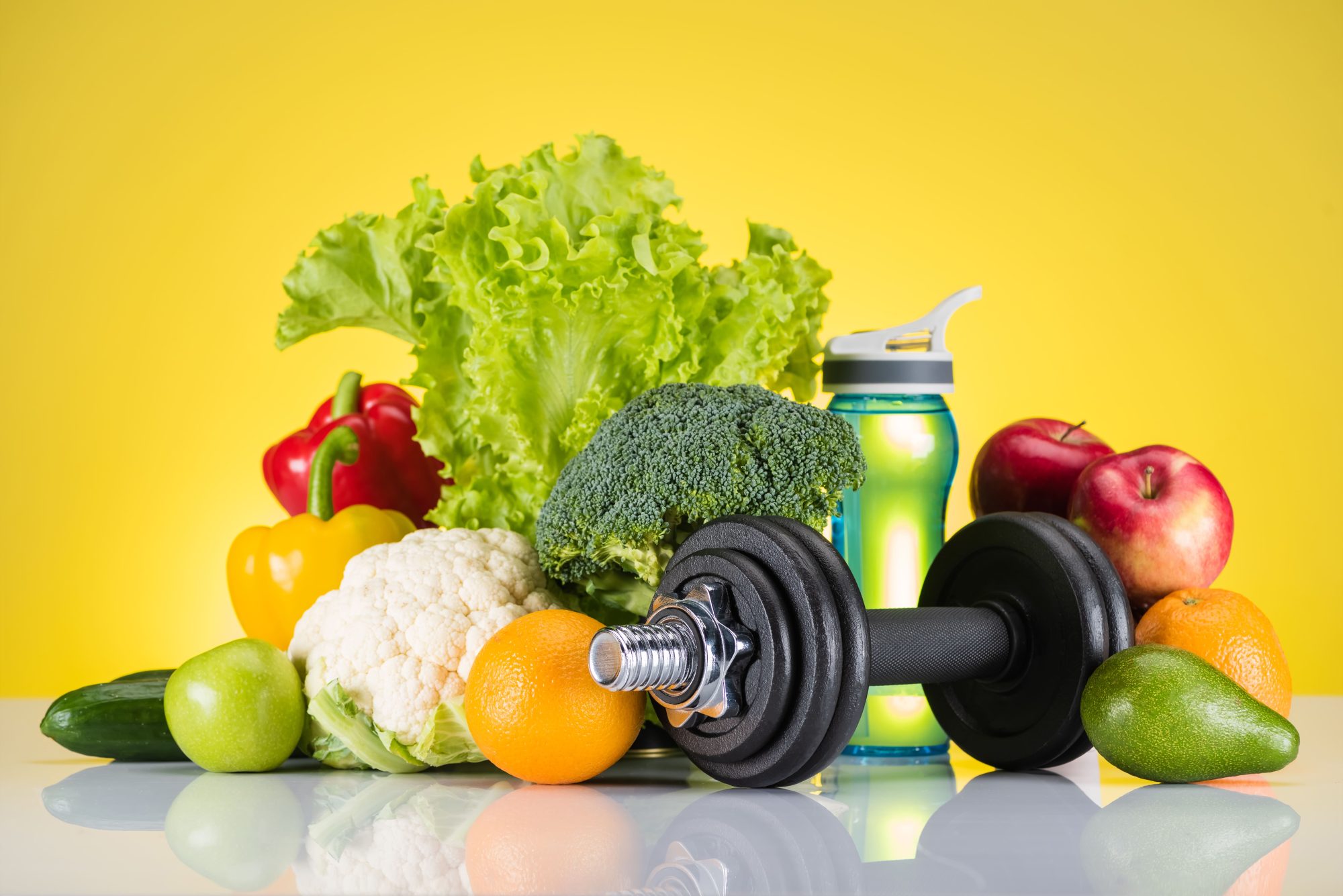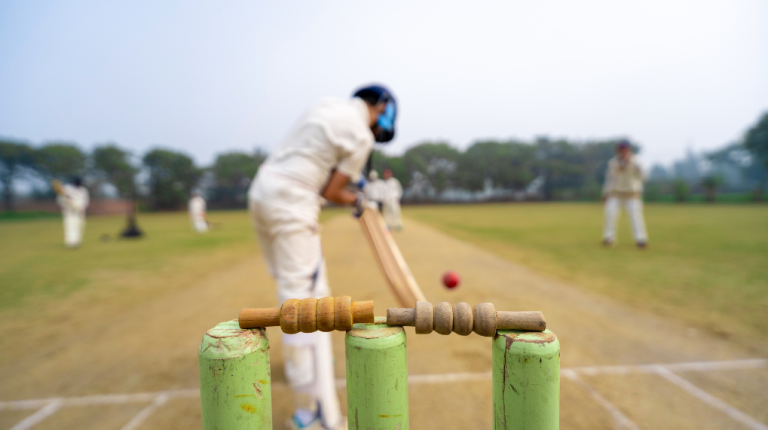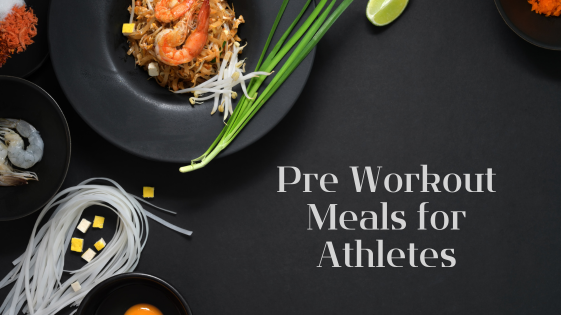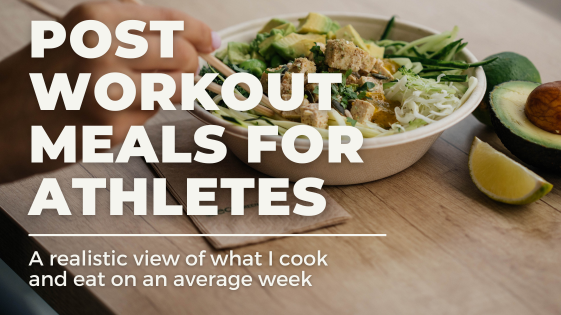Qua Nutrition, a leading clinic of sports nutritionists, our experts know the importance of nutrition for athletes. At QUA Nutrition, we recognize that each individual’s nutritional needs vary based on their specific athletic goals and requirements.
The Basic Principles of Sports Nutrition:
Optimized Fueling: Fueling is the process of giving the body nourishment to improve strength, endurance, and mental clarity.
Hydration Mastery: We emphasize the critical role of hydration in preventing dehydration and fatigue while maximizing muscle performance.
Efficient Recovery: Our focus extends beyond performance to encompass the crucial phase of recovery post-exercise.
At Qua Nutrition, our expert sports nutritionist team provides a personalized nutritional plan as per their body requirements, which helps athletes perform at their full potential.
The Evolution of Sports Nutrition for Professional Athletes and Recreational Athletes
In our capacity as representatives of Qua Nutrition, we recognize how athletes, both competitive and recreational, are impacted by the changing field of sports nutrition. Sports nutrition is enhanced as per the demands of the athletes and their performance. Our team of sports nutritionists, who are constantly devising innovative strategies to optimize health and performance, is spearheading this advancement.
Personalized nutrition plans have replaced one-size-fits-all approaches for professionals by enhancing healing, output, and injury avoidance.
We work on the ground with athletes and customize their winning strategy according to their body needs. Just like professional athletes, recreational athletes recognize the importance of sports nutrition in their pursuits. At Qua Nutrition, we offer intelligent advice on refueling, hydrating, and recuperating to enable you to overcome any challenge.
We always believe it’s critical to assist them in reaching their objectives, whether it’s staying active or preparing for the game.
A Dive into Required Nutrients for Athletes
Athletes need to consume enough calories to meet their energy demands. If they don’t, their body may use fat and muscle as fuel, leading to strength and endurance loss. Additionally, low-calorie intake can harm immune, endocrine, and musculoskeletal functions.
Continuous low intake might slow down metabolic rate and lead to deficiencies in essential vitamins and minerals. Athletes in weight-class sports like boxing and mixed martial arts risk adverse effects from extreme weight loss methods before competitions, potentially causing muscle loss and hindering performance.
Carbohydrates: Carbohydrates, comprising complex and simple sugars, sustain blood sugar levels for energy during exercise and replenish muscle glycogen stores. Athletes typically need 6-10 g/kg of body weight in carbohydrates daily.
Protein: Protein is important for muscle growth and overall body functioning. Endurance athletes should aim for 1.2-1.4 g/kg of body weight daily, with ultra-endurance athletes needing slightly more but not exceeding 2 g/kg. Strength athletes should target 1.2-1.7 g/kg, achievable through a regular diet with quality sources like whey, casein, or soy.
Fats: Adequate fat intake is essential for optimal health, aiding in vitamin absorption. Athletes should aim for 20-35% of daily calories from fat, with balanced proportions of monounsaturated, polyunsaturated, and saturated fats. Diets with excessive fat intake (>70% of total energy) have no proven benefits.
Vitamin and Minerals: Micronutrients are vital for athletes, supporting energy, immunity, and restoration. A balanced diet is usually enough, but some athletes may benefit from supplements under medical guidance. High-dose antioxidants may not boost performance and can be risky. Vegetarian athletes should be cautious about nutrient deficiencies and consult a sports nutritionist for guidance.
Water: Water is the main replenishment source, and hydration is essential for both athletes’ performance and general health. An athlete’s capacity to perform at their peak can be greatly impacted by a deliberate approach to hydration. Before exercise, it’s recommended to consume 450 to 600 ml of water to ensure adequate hydration levels. During exercise, the body loses fluids through sweat, requiring regular hydration to maintain performance. Aim to drink 200 to 300 ml of water every 10-20 minutes during physical activity to replenish lost fluids and prevent dehydration. Post-exercise hydration is equally crucial for recovery. It’s advised to consume 450 to 700 ml of water for every pound lost during exercise to restore hydration levels effectively. Additionally, considering sports drinks rich in carbohydrates, isotonics, and electrolytes can be beneficial, particularly during intense or prolonged activity. These beverages help replenish lost electrolytes and provide a source of quick energy to support performance.
Athletes need to check hydration levels to ensure they maintain optimal fluid balance. One effective method is to observe urine color. A pale yellow color indicates adequate hydration, while darker shades may indicate dehydration, prompting the need for increased fluid intake. Athletes may promote their performance, improve recovery, and successfully preserve their health by emphasizing regular hydration and integrating adequate fluids before, during, and after exercise.
How Sports Nutritionist can help Athletes in Fast Recovery
It is important for athletes to quickly regain top performance after training or competition. Recovery nutrition, which includes the food or nutrients consumed after exercise, focuses on replenishing glycogen stores, rehydrating, and aiding muscle repair and growth—the 3 R: Replenish, Rehydrate, and Rebuild. While not all physically active individuals require specific recovery nutrition, athletes who engage in rigorous training or multiple sessions benefit significantly. For light activities like short walks or recreational sports, a balanced diet is sufficient. However, athletes undergoing exhaustive training or competing in multiple competitions need dedicated recovery meals or snacks to support their performance and goals. As experienced sports nutritionists at Qua Nutrition, we understand the important role of recovery nutrition in optimizing athletic performance. Our customized diet routines meet the personalized requirements of every athlete, assuring quick and efficient recuperation from workouts for optimal performance.
Importance of Choosing Personalised Sports Nutritionist in 2024?
In the sporting world of 2024, Qua Nutrition’s personal sports nutritionists stand as vital allies to athletes striving to excel in their respective disciplines. Qua Nutrition’s nutritionist focuses specifically on creating customized diet plans tailored to each athlete’s specific needs and goals. Qua Nutrition’s sports nutritionists make sure that athletes receive the proper balance of nutrients to maximize performance, increase endurance, and effectively restore looking at factors like the type of sport, individual body composition, and training routine. Nutrition experts at QUA Nutrition are not only experts in sports nutrition but we also have family nutritionist, Weight management, pediatric nutritionist and medical nutrition therapy experts to cater wide range of health related problems.
Why work with QUA Nutrition?
Partnering with Qua Nutrition gives athletes access to experienced sports nutritionists who are dedicated to maximizing performance.
These experts design personalized nutrition programs that account for variables like body composition, training volume, and sport type based on the unique requirements of each athlete.
Working with Qua Nutrition gives athletes access to expert guidance based on the most recent discoveries in sports nutrition, ensuring that their meal plans are effective and backed by evidence.
The sports nutritionists at Qua Nutrition also offer continuous assistance, including frequent consultations and necessary dietary plan modifications. This tailored strategy encourages accountability and gives athletes the ability to make knowledgeable dietary decisions, ultimately improving performance and promoting general wellbeing. by entrusting Qua Nutrition’s staff of highly qualified sports nutrition specialists with their nutrition, athletes can reach their full potential and excel in their chosen sports.










